1. Rescuing Marine Life

Dogs are joining marine biologists in protecting our oceans. Trained to detect stranded sea turtles, dolphins, or even oil spills, these canine heroes assist in ocean conservation efforts, helping maintain the balance of marine ecosystems.
2. Dog Poop Power
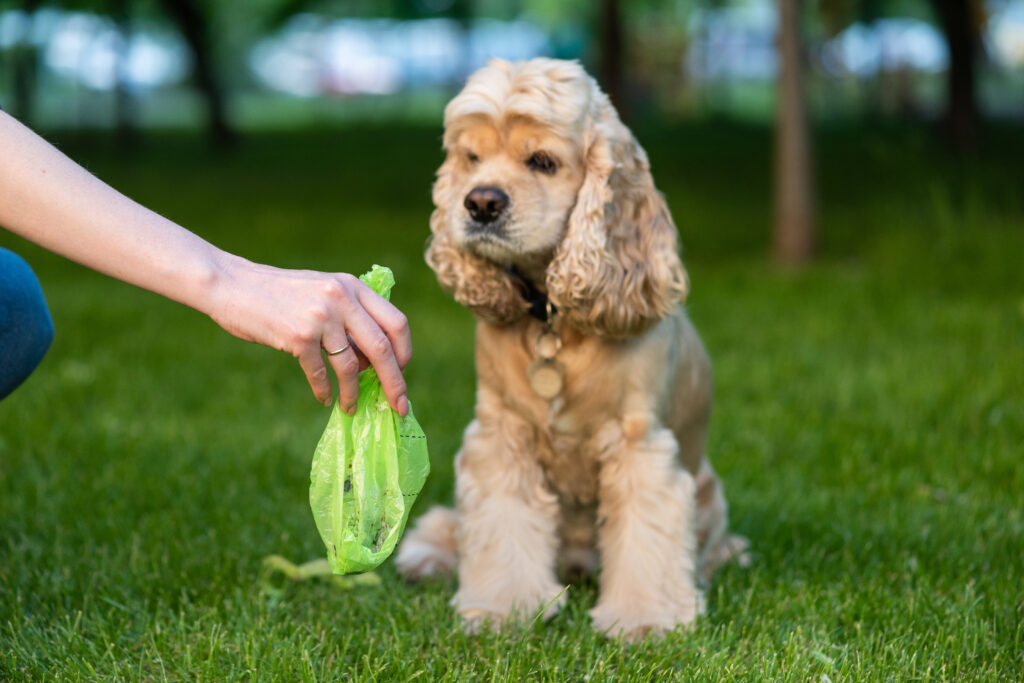
Believe it or not, dog waste can be turned into energy! Some cities are experimenting with methane digesters that convert dog poop into fuel. So next time you scoop, know you could be powering a streetlight or heating water.
3. Sniffing Out Endangered Species
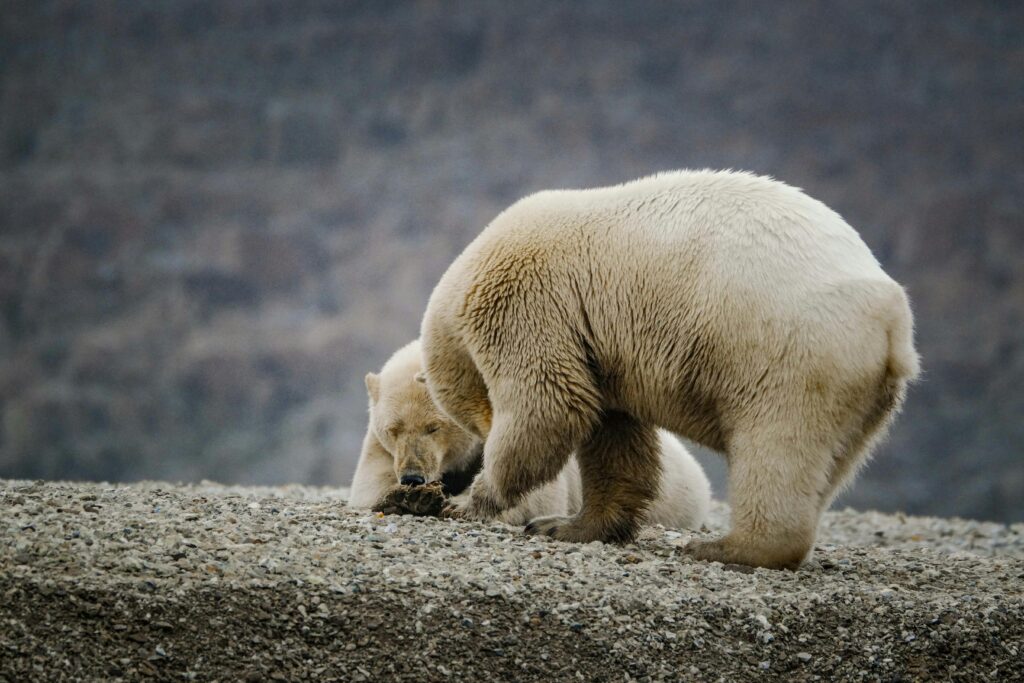
With their super-sensitive noses, dogs are helping researchers locate endangered animals in the wild. This helps conservationists protect these species and maintain biodiversity—crucial for a healthy ecosystem.
4. Guarding Livestock—Eco-Friendly Style
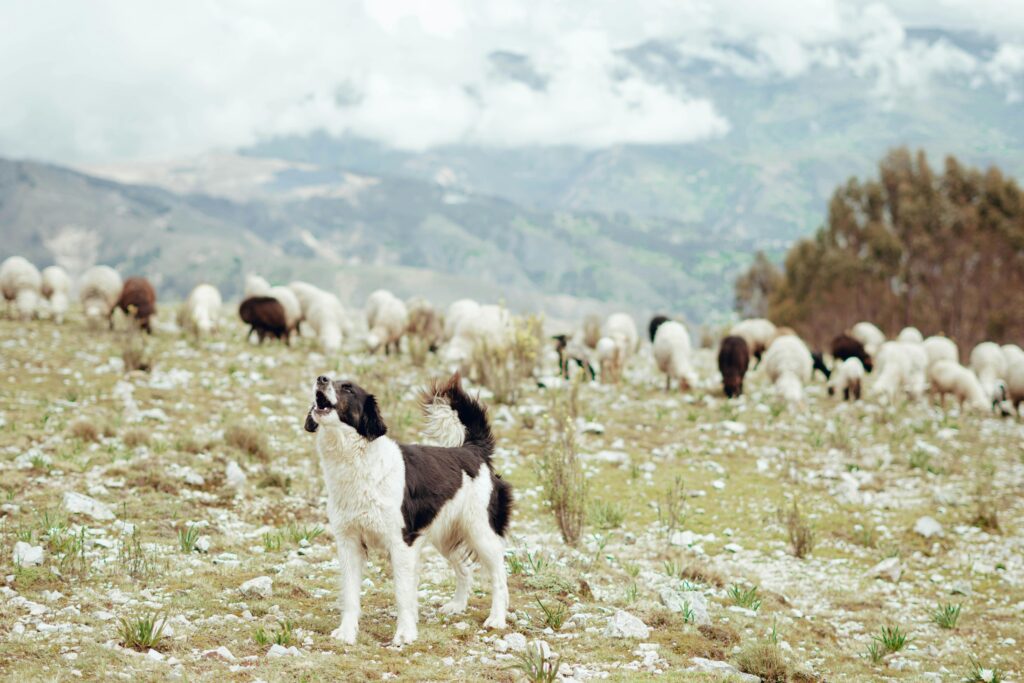
Some dogs are bred to guard livestock without attacking predators like wolves or coyotes. This reduces the need for harmful traps or poisons, creating a more sustainable way to protect both farm animals and wildlife.
5. Detecting Invasive Species

Invasive species can wreak havoc on ecosystems, but dogs are on the case! Canines trained to detect non-native plants or animals help prevent these species from spreading and damaging natural habitats.
6. Recycling Role Models
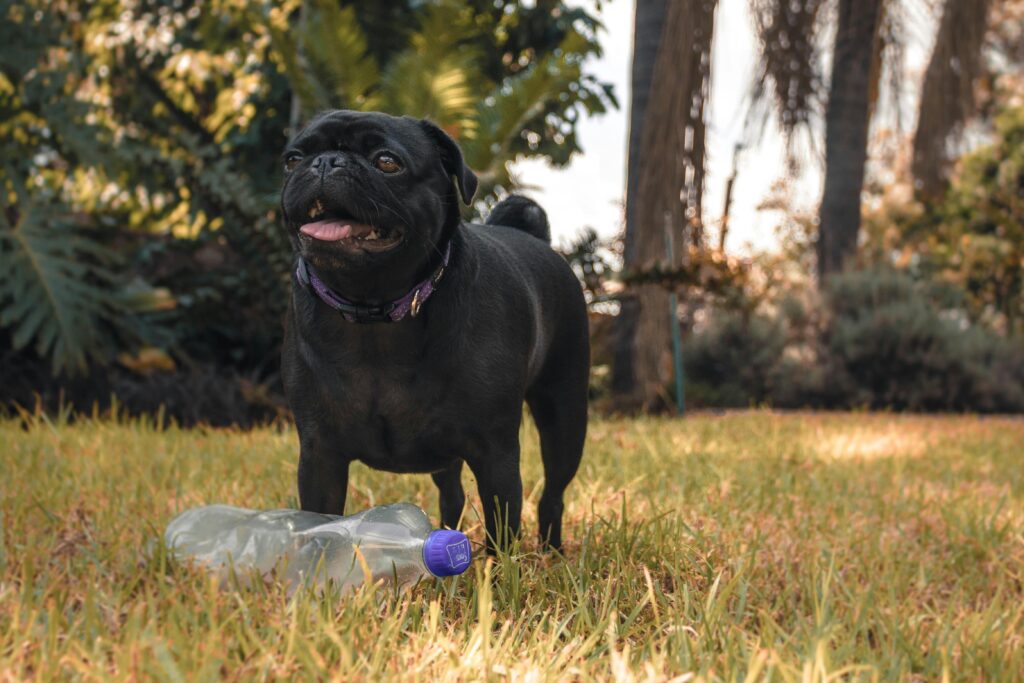
Dogs don’t know it, but they’re showing us the way to recycle. Companies are creating eco-friendly dog products made from recycled materials, inspiring pet owners to make more sustainable choices for themselves too.
7. Reducing Carbon Pawprints

The rise in eco-friendly dog food is real, with some brands offering plant-based or sustainably sourced ingredients. By feeding your pup greener options, you’re contributing to less deforestation and reduced carbon emissions.
8. Helping Reforestation Efforts

In certain parts of the world, specially trained dogs are helping plant trees. By locating the best spots to plant seeds or digging holes, these pups are aiding in reforestation—one paw at a time.
9. Sniffing Out Pollutants

Pollution is a major climate issue, but dogs are stepping in (or should we say, sniffing in). Some dogs are trained to detect chemical pollutants in the air or water, alerting humans to environmental hazards before they become major issues.
10. Composting Dog Waste

Sure, scooping the poop is a chore, but did you know dog waste can be composted? Special composting methods break down the waste, turning it into usable fertilizer rather than sending it to landfills, where it releases harmful methane.
11. Wildlife Conservation Partners
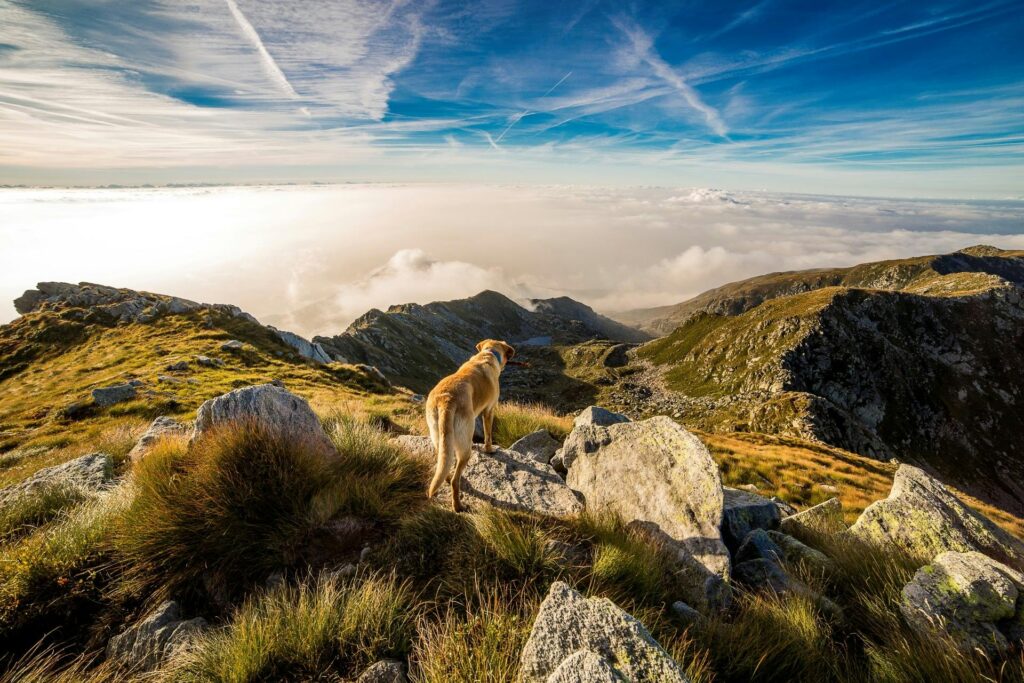
In areas where wildlife is threatened, conservation detection dogs help find animals and their nests without disturbing their habitats. This lets researchers track and protect species, promoting biodiversity.
12. Supporting Organic Farming

Dogs are also joining the fight for sustainable agriculture! By helping farmers keep pests under control naturally, working dogs reduce the need for chemical pesticides, promoting healthier soils and plants.
13. Companions in Sustainable Living

Our dogs encourage us to spend more time outdoors. Hiking, walking, or just playing fetch means fewer hours in front of screens and more connection with nature. That shift in mindset often leads us to adopt greener habits.
14. Training for Environmental Justice
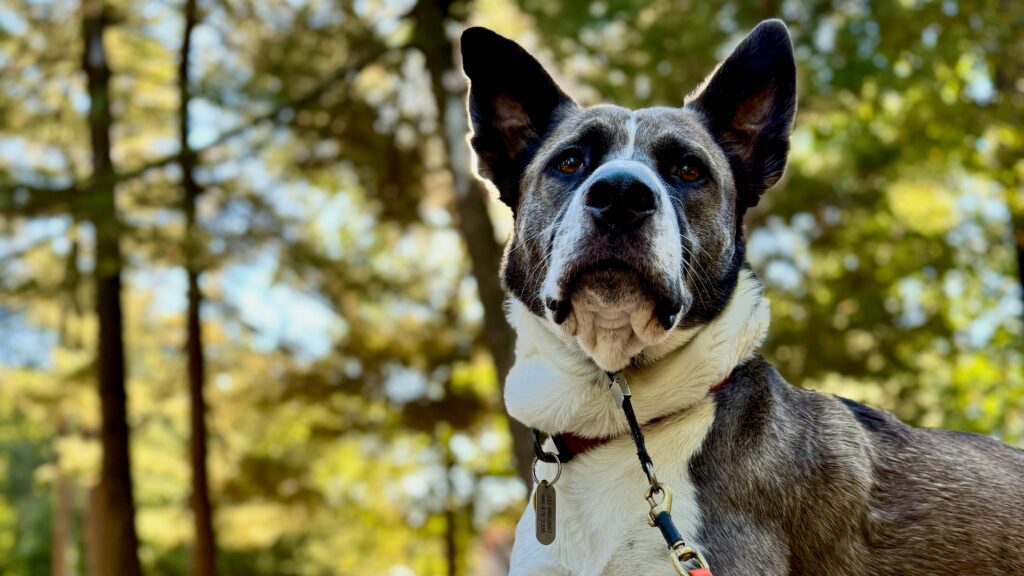
Finally, dogs are helping raise awareness for environmental justice issues. Therapy dogs, often seen at climate rallies or eco-events, offer comfort to activists while helping educate the public about climate change and its impact on communities.


